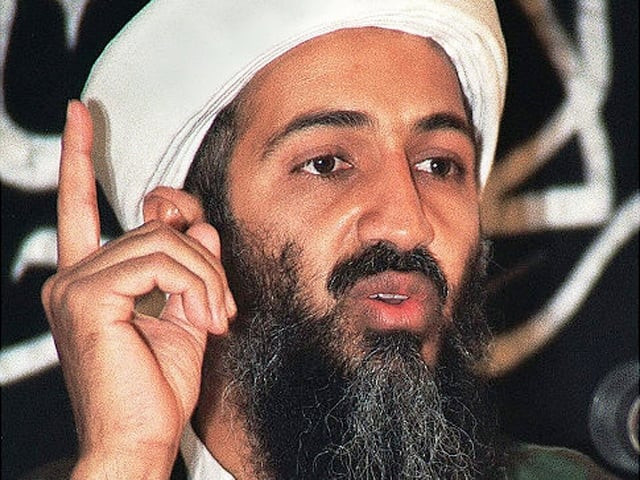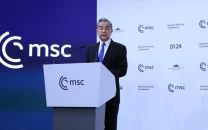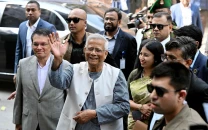US highlights impact of Bin Laden death
Death of Osama bin Laden had a "greater" impact than expected on efforts to dismantle al Qaeda's terror network.

When US Navy Seals raided the al Qaeda chief's secret compound in Pakistan on May 2, officials were surprised to find that bin Laden "was more involved in running that organization than we would have thought," said State Department Coordinator for Counterterrorism Daniel Benjamin.
"That magnifies the importance of removing him from the picture because he was not only an iconic figure but... he actually was deeply involved in strategy," said Benjamin.
When bin Laden was killed, al Qaeda not only "lost their primary symbol, a symbol of their endurance over these years, but they also lost one of their chief thinkers, someone who had really profound influence on how the organization operated."
"So we think that the impact is greater than we had expected it to be," said Benjamin.The US commandos that raided bin Laden's compound also gathered a huge cache of documents, mostly stored on computer hard drives, flash drives and disks.
Al Qaeda operatives are now on the move "because of a certain amount of disorientation and uncertainty about their own security, and we know that they are very concerned about security," said Benjamin.
US officials have since received numerous threats from al Qaeda, and officials "certainly have seen a desire to retaliate, but we don't see anything near completion.
"However there is a greater chance "that an enraged individual might act on his own. There's a possibility of a lone wolf attack and those are clearly harder to collect on," Benjamin said.


















COMMENTS
Comments are moderated and generally will be posted if they are on-topic and not abusive.
For more information, please see our Comments FAQ